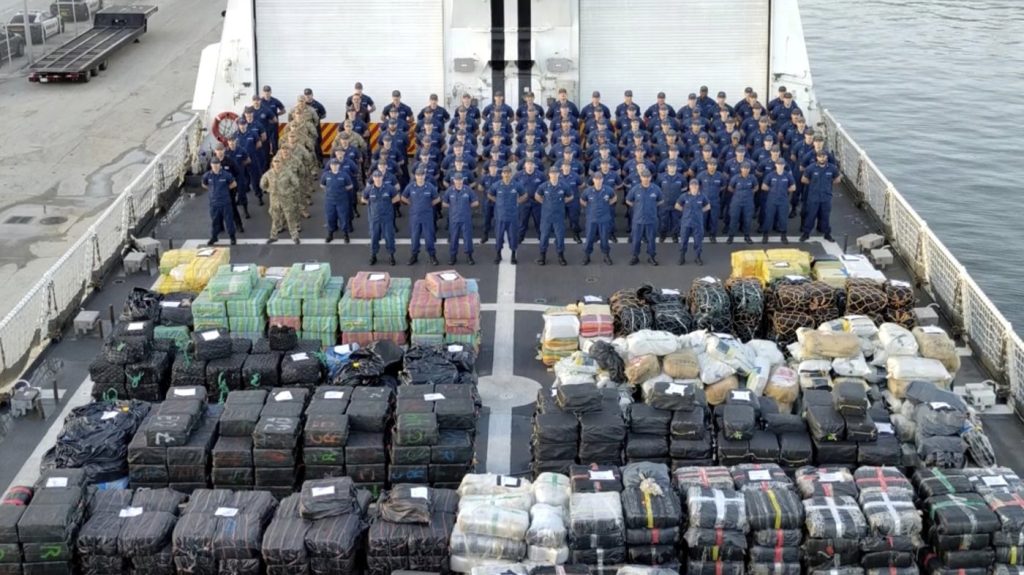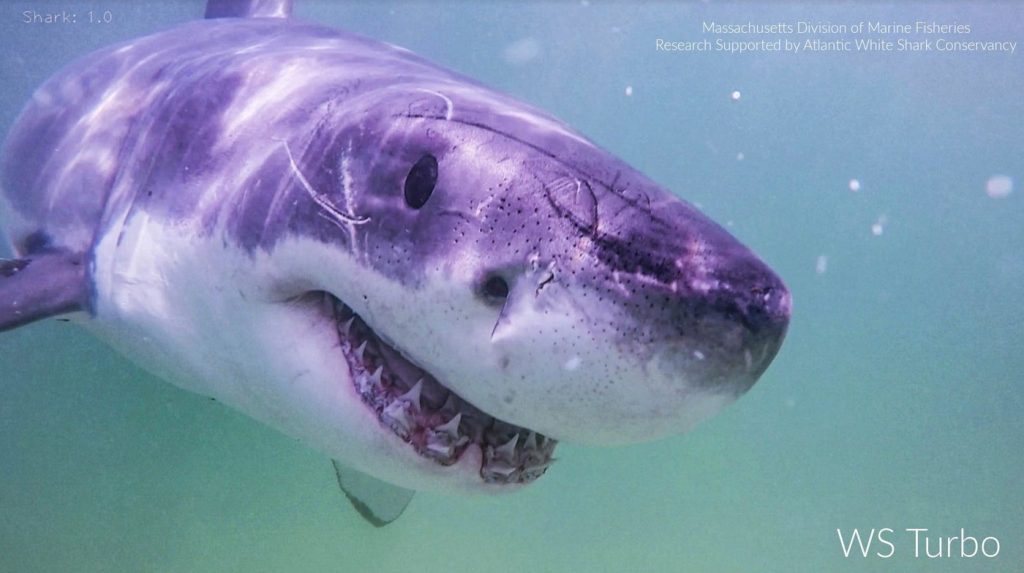The U.S. Coast Guard has reported a significant achievement this summer, seizing over 75,000 pounds (34,000 kilograms) of illegal drugs from various vessels in the Pacific and Caribbean regions. This impressive haul is noted as the largest in the agency's history, with an estimated street value of nearly half a billion dollars, specifically around $473 million.
Collaborating closely with the Department of Defense, the Coast Guard successfully intercepted and seized drugs from 19 vessels that were reportedly transporting narcotics. These vessels were located far out at sea, with operations occurring off key maritime locations including the Galapagos Islands of Ecuador, the coast of Venezuela, Mexico, the Dominican Republic, Jamaica, and Aruba. The extensive coordination highlights a focused effort to combat drug trafficking in these critical waterways.
Maritime patrol aircraft played a crucial role in the operation, as some of the vessels were first detected from the air before Coast Guard boarding teams took action to intercept them. Following the operations, 34 individuals suspected of drug trafficking were detained. However, specific details regarding the total number of suspects apprehended across all seizures were not disclosed, indicating a broader but unquantified impact on drug traffickers.
The Coast Guard Cutter Hamilton was instrumental in offloading the seized narcotics at Port Everglades, Florida. The offloaded drugs included approximately 61,740 pounds (28,000 kilograms) of cocaine and about 14,400 pounds (6,500 kilograms) of marijuana. This remarkable operation underscores the ongoing efforts by U.S. authorities to disrupt drug trafficking routes and prevent illegal substances from reaching American streets.
The Coast Guard, which falls under the Department of Homeland Security, is undergoing projected reforms under the Trump administration. Plans are in place to overhaul the service, enhance its fleet, and increase the military workforce by a minimum of 15,000 personnel by the end of fiscal year 2028. Currently, the Coast Guard has a total of over 43,000 active duty members, 8,000 reservists, and 30,000 auxiliary members, demonstrating its capacity and commitment to maritime law enforcement.
As these efforts continue, the Coast Guard remains focused on battling drug trafficking networks that threaten the safety and security of U.S. waters as well as communities across the nation. The recent seizures represent not only a significant blow to narcotics traffickers but also a testament to the effectiveness of inter-agency collaboration and maritime security strategies aimed at enhancing national defense against drug-related threats.












